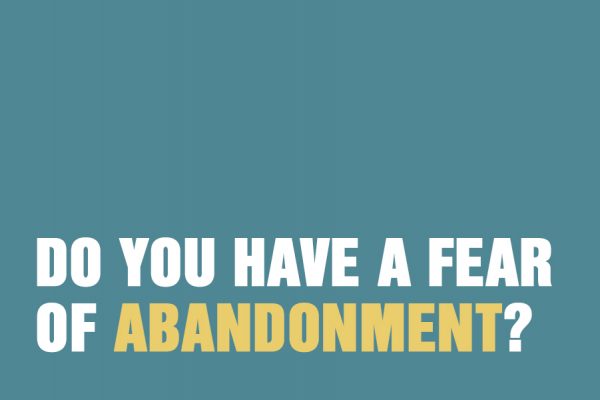Self-care is defined as “the practice of taking an active role in protecting one’s own wellbeing and happiness, in particular during periods of stress”. The only problem is that when you are truly stressed – when you’re juggling multiple demands on your time and energy – self-care often flies out the window. The nice little things you do for yourself get sacrificed when stress takes over and other people’s needs swamp your own.
You know the old phrase about putting your own oxygen mask on first – because without your own oxygen you’re useless to everyone else. Yet it can feel such a challenge at times to keep putting yourself first. Self-care does take some thought and planning to get into a healthy routine. It also takes discipline and perseverance to keep prioritising self-care.
While self-care in general might include sleeping enough, exercising more and eating well, we believe self-care for your mental and emotional health could include the following behaviours…
Five Self-Care Tips
Give yourself permission to relax
Running around and meeting other people’s needs may be your default setting. You may have been conditioned to put other people first, and to gain some kind of self-worth from having ticked off the many items on your hefty to-do list. Resting can feel like you’re being lazy. Except that a busy-busy diary can deplete you and leave you without the emotional resources you need to live your life. Try reframing ‘relaxation’ as an investment in yourself rather than a waste of time. Take a moment out for yourself. Meditate, daydream, switch off. You’ll be way more useful to others, and yourself, when you do.
Stop putting yourself down
Tune into what how you speak to yourself. In your inner script are you kind or cruel to yourself? Does your inner critic sneer at you, forever telling you to be more successful, more dynamic, more than you’re capable of being? You wouldn’t allow other people to say mean things to you, so why do it to yourself? Next time you hear your inner voice putting you down, change it to something soothing and supportive.
Worry less what other people think
Many of us live our lives feeling that there’s a judge and jury out there somewhere that passes judgement on everything we do. We live our lives according to some mythical ‘shoulds’ and tie ourselves up in knots trying to achieve what we believe others want for us. We may become self-conscious about how we look and act, or we get into the habit of comparing ourselves unfavourably with others (such as on Facebook, Instagram etc). How would it feel to live life under your own conditions of worth, without worrying about other people’s opinions? Try it for a day and see how it feels.
Lower your expectations
This also falls into the ‘should’ category. We give ourselves a set of high expectations – and expect others to meet them as well. The gap between expectation and reality is often a factor in mental health issues such as depression (you feel hopeless at not achieving those expectations) and anxiety (you’re super-stressed because people aren’t doing what you want/need them to do). Think ‘realistic’ rather than ‘perfect’. High expectations just put way too much pressure on yourself.
Express yourself
Speaking, writing, drawing, acting, dancing, singing, painting. Whichever your preferred way to express your thoughts and feelings: do it! The act of expressing your truth releases the emotional burden you’re carrying and leaves you feeling lighter and freer. Make it a regular practice and you’ll be able to make more sense of what’s going on in your life – helping to build your resilience and have a stronger relationship with yourself and others.
If you feel that expressing yourself to a therapist could form a part of your own self-care, book an appointment with our team. Email [email protected] or call 020 8673 4545.







